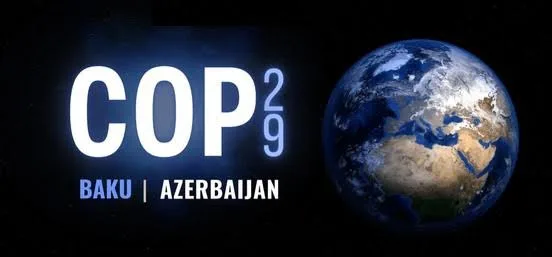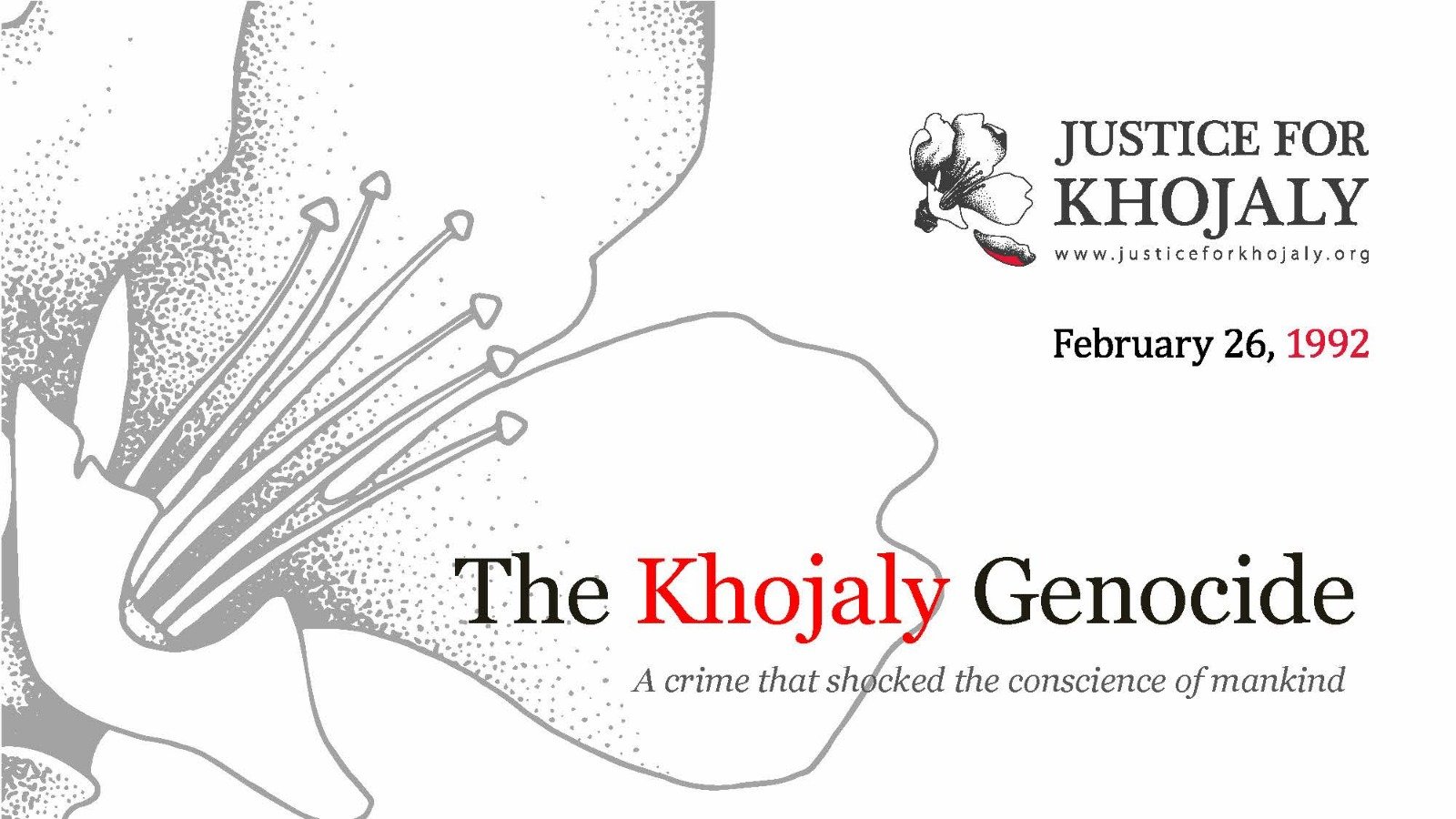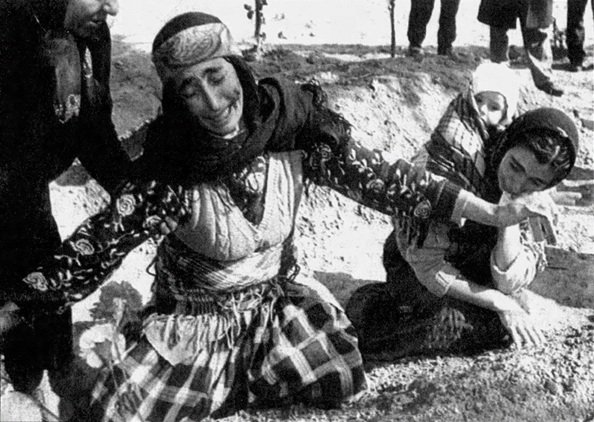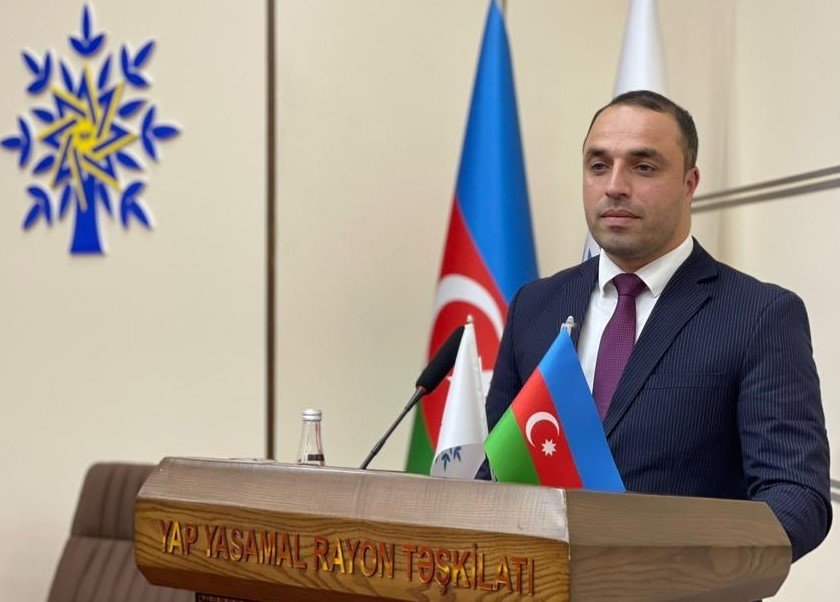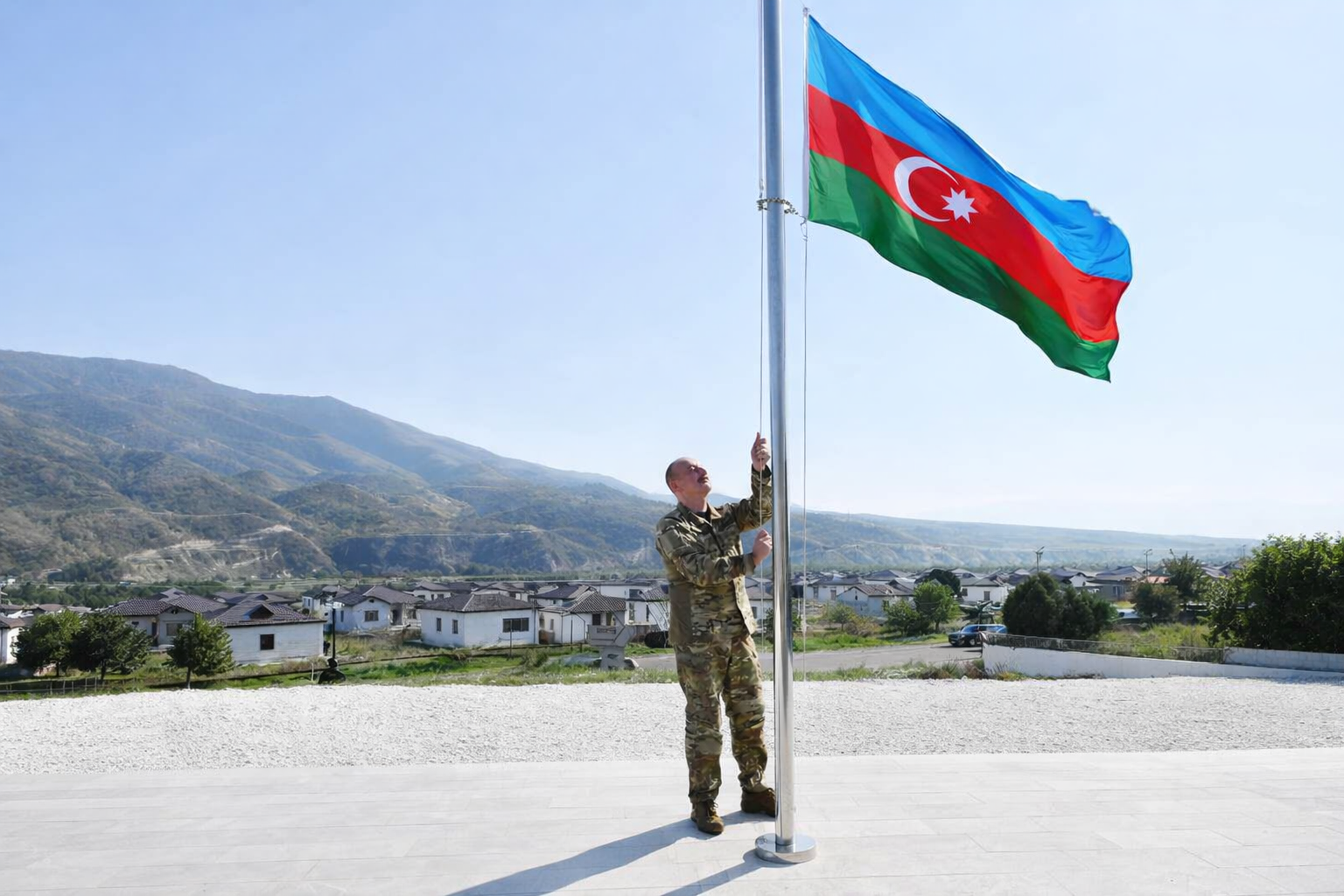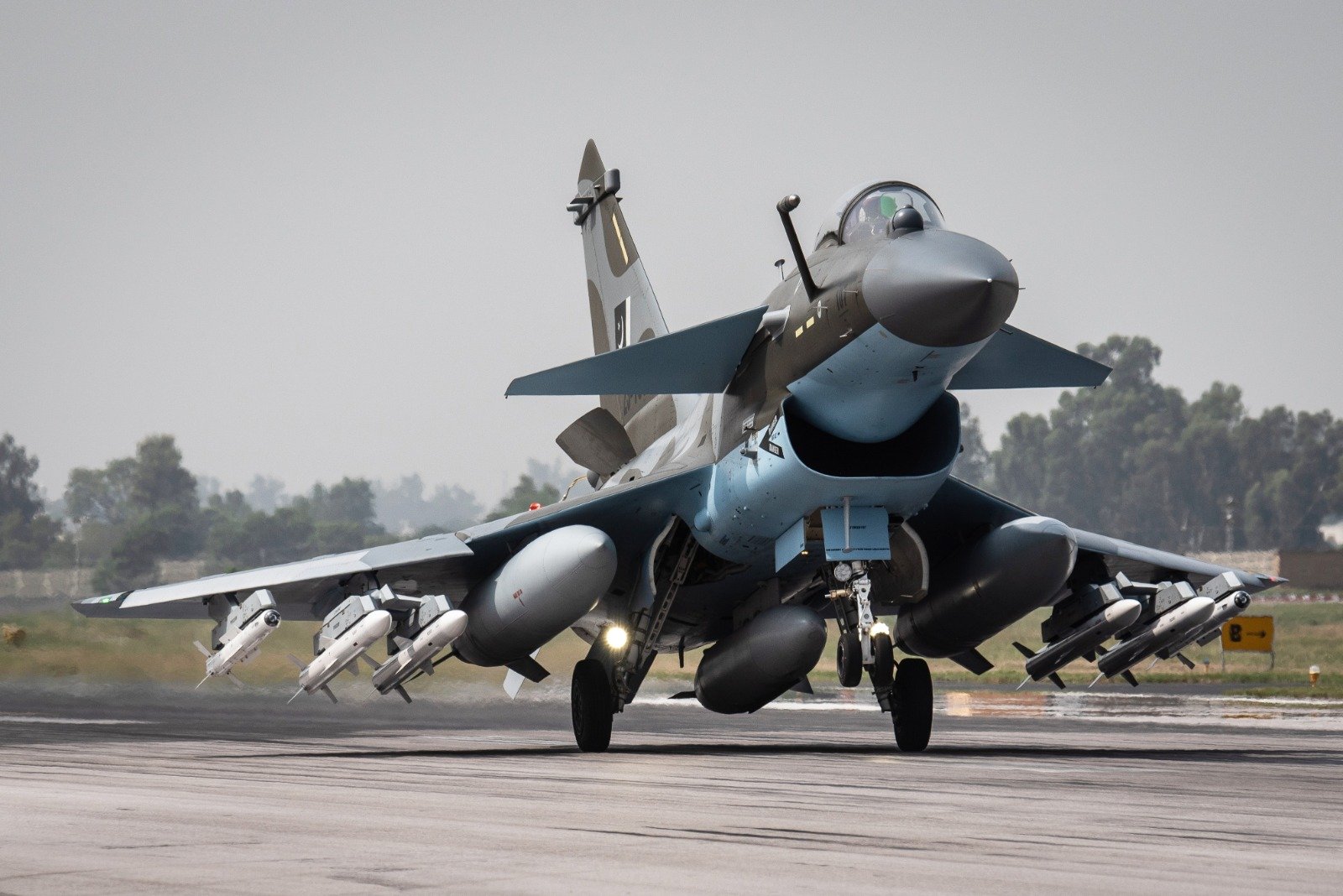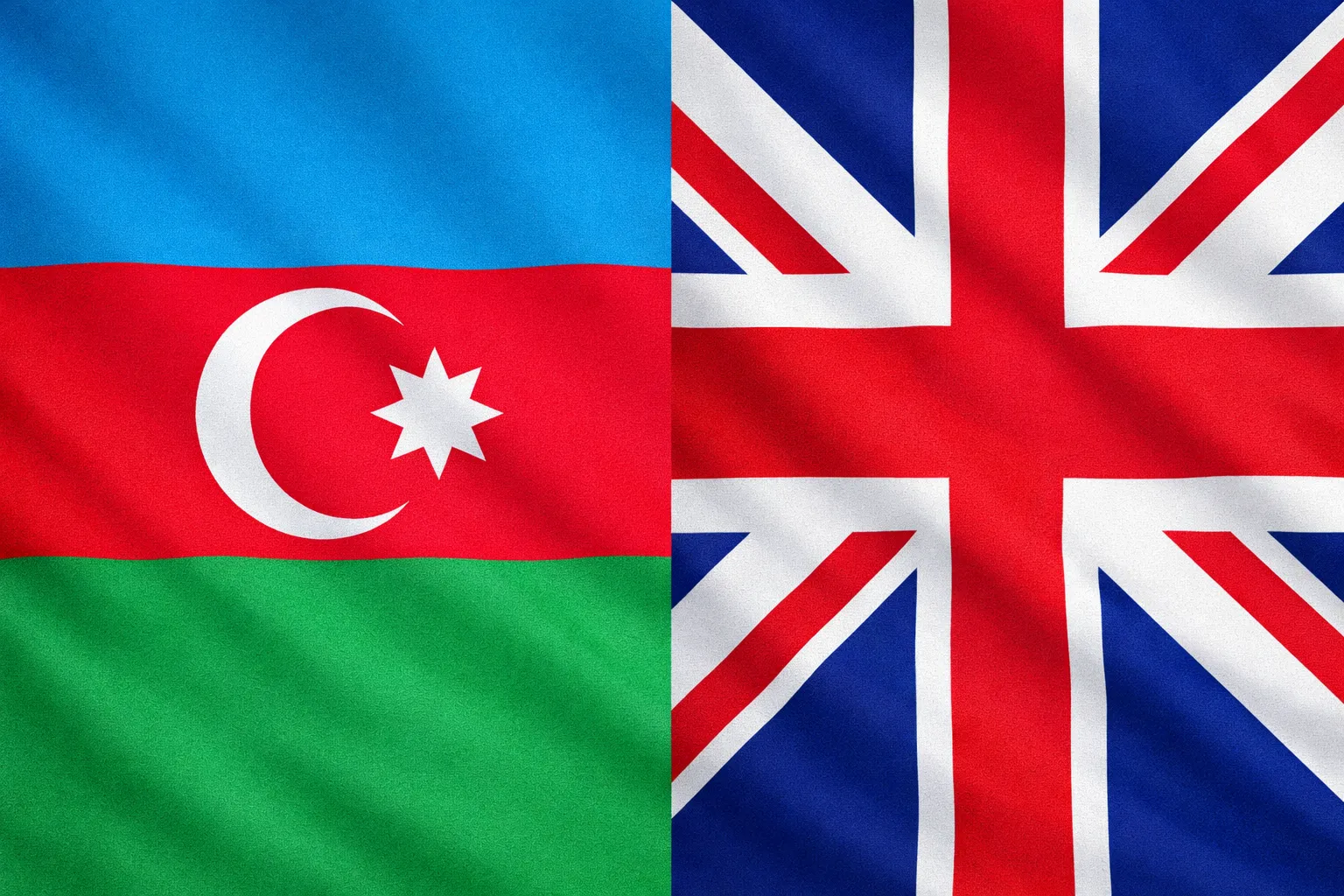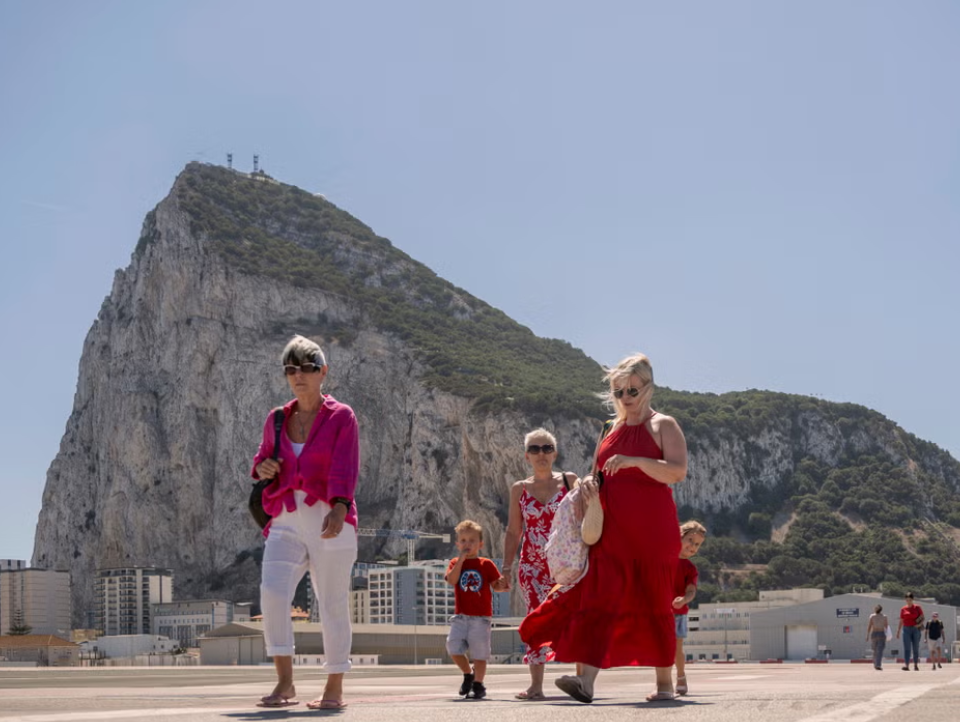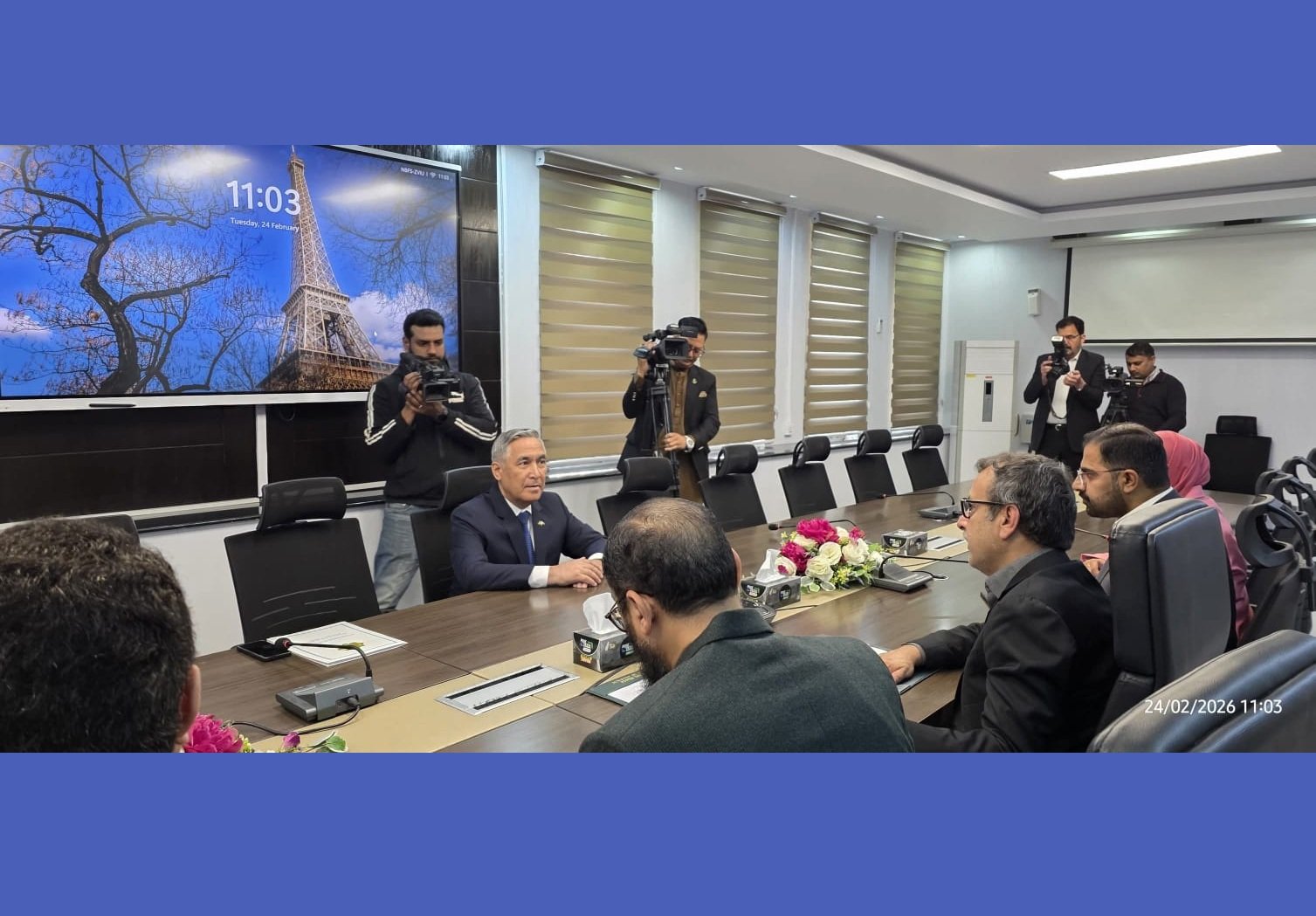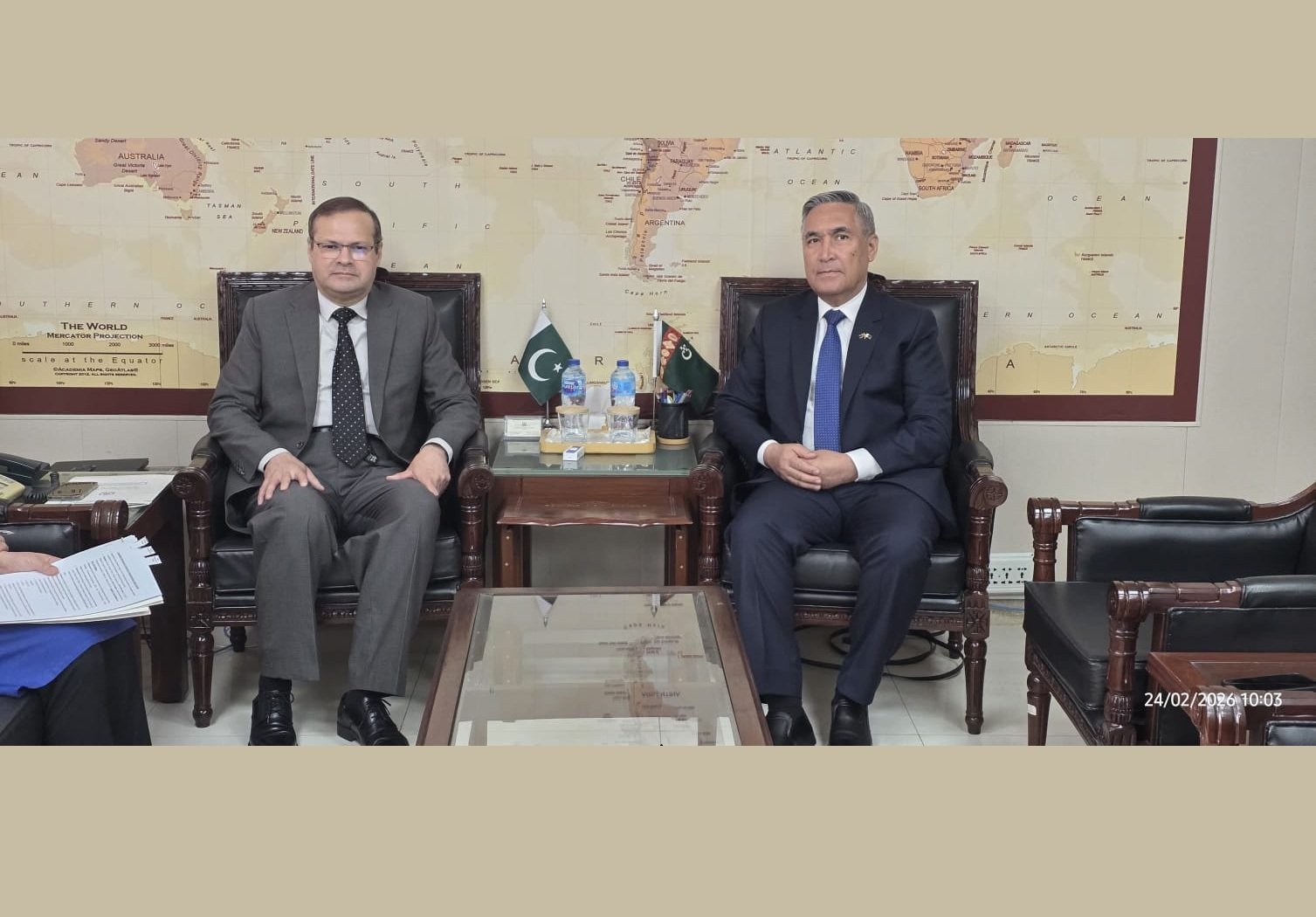The fight against climate change demands leadership and collaboration on a global scale. This November, Azerbaijan takes center stage in this critical struggle as it prepares to host the 29th Conference of the Parties (COP29) to the United Nations Framework Convention on Climate Change (UNFCCC). This prestigious event marks a significant moment for Azerbaijan, solidifying its growing recognition as a key player in international environmental sustainability efforts.
Azerbaijan’s selection as the COP29 host nation speaks volumes about its commitment to tackling the climate crisis. By taking on this responsibility, the country underscores its dedication to fostering international cooperation and dialogue on pressing environmental issues. This builds upon Azerbaijan’s successful track record of hosting international environmental events, like the 7th UN Energy Forum in 2016.
COP29 offers a unique platform for Azerbaijan to showcase its environmental leadership. The nation boasts a diverse and rich tapestry of ecosystems, from the majestic Caucasus Mountains harboring rare species to the vast expanse of the Caspian Sea, the world’s largest inland body of water. Azerbaijan’s unique geographical location, straddling the crossroads of Europe and Asia, further underscores its potential as a leader in environmental discourse.
However, the path to environmental sustainability is not without its challenges. The ongoing de-mining efforts in recently liberated territories highlight the devastating consequences of past conflicts and the need for international cooperation in environmental restoration. The landmine crisis serves as a stark reminder of the interconnectedness of environmental and human security. Addressing these challenges requires not only technical expertise, but also a commitment to peace and regional stability.
Beyond the immediate challenge of de-mining, Azerbaijan faces other environmental issues that resonate globally. Rapid climate change threatens to disrupt the delicate balance of its ecosystems. Warming temperatures, shifting precipitation patterns, and extreme weather events can all have a significant impact on water security, agricultural productivity, and biodiversity. As a nation with a significant portion of its territory classified as semi-arid, Azerbaijan is particularly vulnerable to these changes.
However, Azerbaijan is not simply a victim of climate change. The nation is demonstrating a proactive approach to addressing these challenges. A key focus of its environmental agenda is transitioning to a low-carbon economy. Significant investments are being made in renewable energy sources, such as solar, wind, and hydro power. The “Green Energy” initiative aims to transform the liberated territories of Karabakh and East Zangazur into “Net-Zero Emission” Zones, showcasing Azerbaijan’s commitment to a sustainable future. This ambitious project has the potential to serve as a model for other post-conflict regions struggling with environmental restoration.
Azerbaijan’s environmental leadership extends beyond its borders. As a key player in the Belt and Road Initiative (BRI), Azerbaijan has a critical role to play in ensuring that this ambitious infrastructure development project adheres to the highest environmental standards. Integrating ecological considerations into BRI projects is crucial to prevent unintended consequences like habitat destruction and resource depletion. By promoting sustainable infrastructure development, Azerbaijan can help ensure that the BRI fosters economic growth alongside environmental responsibility.
COP29 offers a golden opportunity for Azerbaijan to share its experiences and ambitions with the international community. The event will bring together world leaders, environmental experts, and stakeholders from across the globe. This platform allows Azerbaijan to showcase its environmental leadership and encourage others to follow suit.
However, the success of COP29 will depend on collaborative action. While Azerbaijan provides the stage, the solutions must be forged through collective effort. The conference should prioritize concrete action plans and measurable targets for reducing greenhouse gas emissions and mitigating the effects of climate change. Developed nations, with their historical contribution to the problem, must step up and fulfill their financial commitments to support developing countries in their climate action efforts.
Beyond national governments, the business community also has a crucial role to play. COP29 provides a platform for promoting innovative solutions and fostering partnerships between governments and companies to accelerate the transition to a low-carbon economy. Investment in clean technologies, sustainable practices, and green infrastructure is essential to achieve the ambitious goals set forth in the Paris Agreement.
Civil society also plays a vital role. COP29 should be a platform for promoting public awareness and encouraging citizen engagement in climate action. By empowering communities and individuals, we can create a groundswell of support for sustainable practices and hold governments and businesses accountable for their pledges.
The success of COP29 will be measured by the tangible outcomes it produces. The conference should serve as a catalyst for accelerating global efforts to combat climate change. Ideally, it will result in a renewed commitment by nations to meet their climate targets under the Paris Agreement.
Azerbaijan’s hosting of COP29 represents a significant opportunity not just for the nation but for the entire world. It is a chance to showcase environmental leadership, address pressing challenges like landmine contamination, and promote sustainable development practices. COP29 serves as a call to action for all nations to work together towards a future where environmental health and human progress go hand in hand. By fostering international collaboration, promoting innovative solutions, and prioritizing sustainability in all aspects of development, we can collectively build a brighter future for our planet.
The road to a sustainable future is long and challenging. However, Azerbaijan’s commitment to environmental action, coupled with the collaborative spirit of COP29, offers a glimmer of hope. By embracing innovation, fostering international cooperation, and prioritizing environmental responsibility, we can turn the tide on climate change and ensure a healthy planet for generations to come.

Mr. Qaiser Nawab, a global peace activist, is a distinguished international expert specializing in the Belt and Road Initiative (BRI), Afghanistan, Central Asia and founder of the Belt and Road Initiative for Sustainable Development (BRISD), a newly established global think-tank headquartered in Islamabad, in conjunction with the one-decade celebration of BRI.
Mr. Qaiser Nawab, a global peace activist, is a distinguished international expert specializing in the Belt and Road Initiative (BRI), Afghanistan, Central Asia and founder of the Belt and Road Initiative for Sustainable Development (BRISD), a newly established global think-tank headquartered in Islamabad, in conjunction with the one-decade celebration of BRI.
